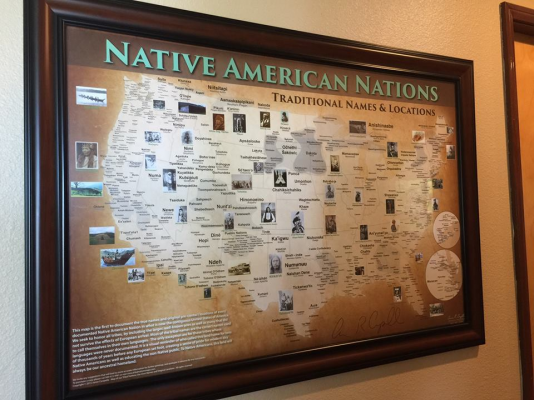Coastaljames
Justified & Ancient
- Joined
- Apr 26, 2015
- Messages
- 4,044
- Location
- East Norfolk coast
there seem to be loads of books coming out about the afterlife, the few I have read have generally been very poor and seem to have been rushed out
You should probably stop reading them then
In regards to the American Indian thing...it's just a cheap and obvious cliche isn't it.



